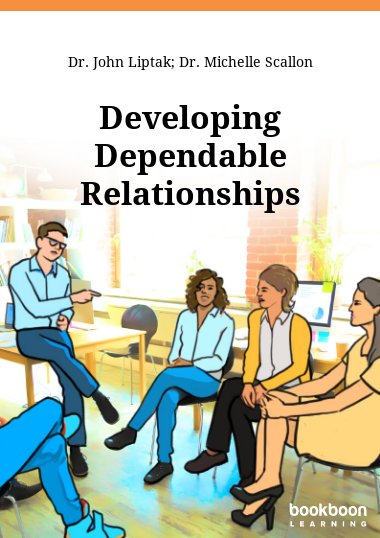If someone asks you which people are the most dependable in your life, who would it be? Would you describe these people as trustworthy, honest, consistent, and reliable? This book brilliantly describes the traits that make people dependable and how this leads to success in all facets of life. The authors will show you how to take essential steps to become more dependable. You will learn the Rogerian method and how empathy, genuineness, and positive regard help others rely on you. You will learn how authenticity and listening make you dependable as a leader at work and home.
About the Author
Dr. Michelle J. Scallon earned her Ph.D. in Clinical Psychology in 2007 from Seattle Pacific University. She has many years of experience providing psychotherapy in correctional and outpatient settings. Her dissertation was titled “The Impact of Social Support and Humor on Levels of Hope in Individuals Who Are Coping with HIV/AIDS.” She is passionate about helping people capitalize on their strengths. Dr. John J. Liptak is an internationally-recognized author with thirty years of work experience providing counseling. He has authored over 100 workbooks with Ester Leutenberg, 31 career assessment instruments, and ten books. John earned an Ed.D. in Counselor Education from Virginia Tech. He lives in Radford, Virginia, in the United States and is President of the Center for Career Assessment, Inc. John has written nine books for Bookboon.


